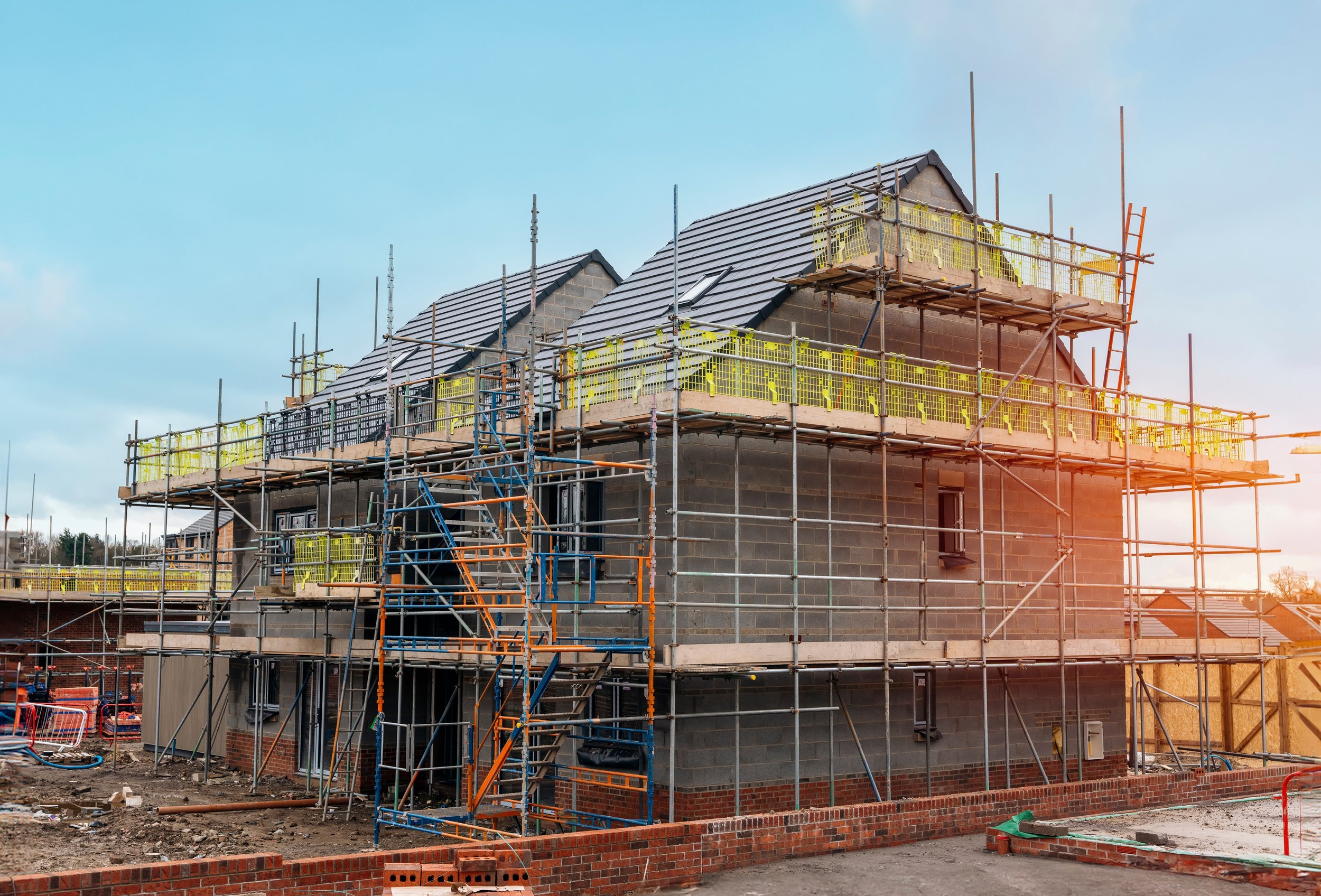
Do I Need Planning Permission for Velux Roof Windows?
A comprehensive guide determining whether you need planning permission for a new Velux Windows
Installing Velux roof windows (often referred to as skylights) is a popular way to bring more natural light into a property, especially in loft conversions or extensions.
Whether or not you need planning permission for installing Velux windows depends on several factors, including the specifics of the installation and local regulations.
General Guidelines
In many cases, installing Velux or other types of roof windows is considered to be a permitted development, which means you don't typically need planning permission if you adhere to certain conditions:
Alteration Limits: The roof windows must not protrude more than 150mm beyond the plane of the existing roof slope.
Height Restrictions: The installation must not be higher than the highest part of the existing roof.
Side-facing Windows: If the windows are side-facing, they should be obscure-glazed; and if they open, they should be more than 1.7 meters above the floor level.
Situations Requiring Planning Permission
While the above guidelines apply in many situations, there are exceptions where you might still need to seek planning permission:
Listed Buildings: If your property is a listed building, you will almost certainly need to obtain listed building consent for any roof windows.
Conservation Areas: If your property is located in a conservation area or an area of outstanding natural beauty, there may be stricter rules governing changes to roofs. You should check with your local planning authority.
Other Designated Areas: Similar restrictions can apply in national parks and World Heritage Sites, where the visual impact of any modifications is a significant concern.
Extensive Changes: If the roof windows form part of a larger modification project that changes the overall shape and height of the roof, planning permission may be required.
Why Compliance Matters
Regulatory Compliance: Adhering to local planning rules ensures that any modifications made to your property are legally compliant, avoiding potential legal issues.
Property Value: Properly approved modifications can enhance the value of your property. Conversely, unauthorized changes might cause problems when you decide to sell.
Neighbour Relations: Following the due process helps maintain good relations with neighbours who might otherwise be affected or object to unauthorized construction works.
Steps to Take Before Installation
Consult Local Planning Authority: It's always a good idea to contact your local planning authority (LPA) for advice before starting any work. They can provide specific guidelines and inform you if planning permission is necessary.
Hire Professionals: Consider hiring a professional installer or architect who can ensure that the installation meets both technical and regulatory standards.
Review Property Documents: Check your property's deed or lease, as there may be clauses that restrict alterations like the installation of roof windows.
Neighbour Consideration: If applicable, discuss your plans with neighbours, particularly if the installation could affect their property (e.g., by overlooking their home).
Conclusion
While planning permission may not be required for installing Velux windows in many cases, it's essential to verify this with your local planning authority based on your specific circumstances. This ensures that all installations are compliant with local regulations, preserving the integrity of your property and preventing potential disputes or issues in the future.
Top Articles
► Planning Permission for a New Roof
► Building Regulations for a New Roof
► Does a New Roof Add Value to Your Home?
► Does Insurance Cover Roof Leaks?
Roofing Materials Explained
► Code 3 and Code 4 Lead Flashing
► Slates
► Best Materials for Flat Roofs
Roofing Components
► Roof Ventilation for Flat Roofs
► What are Soffits and Fascias?
► What is a Fibreglass Flat Roof?
Common Guides
►How Much Does a New Roof Cost
► How to Find a Leak in Your Roof
► Why is my Velux Window Leaking?
► Planning Permission Velux Windows
► How to Clean Roof Tiles Without Pressure Washer
► Removing Moss from Roof Tiles
